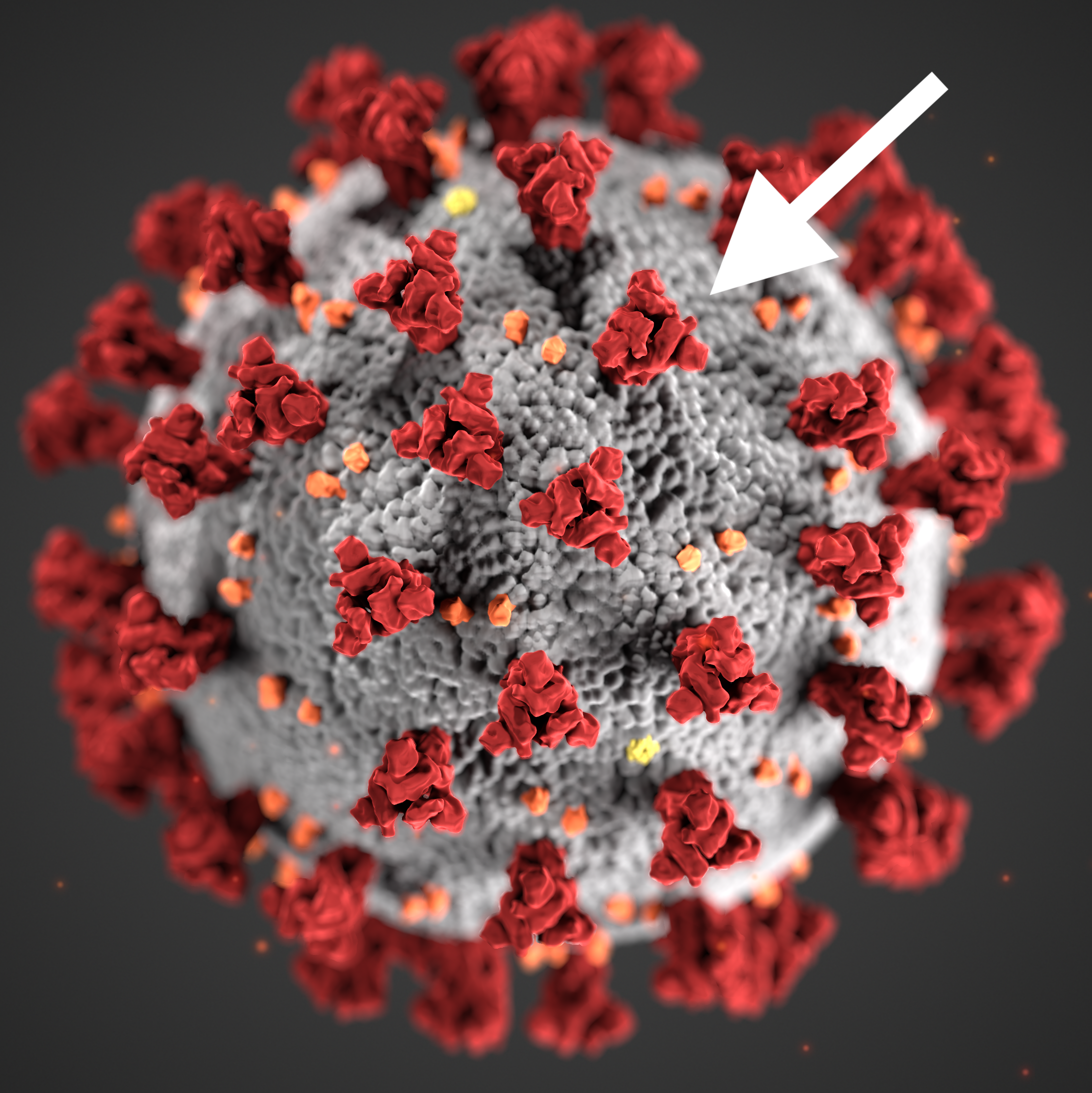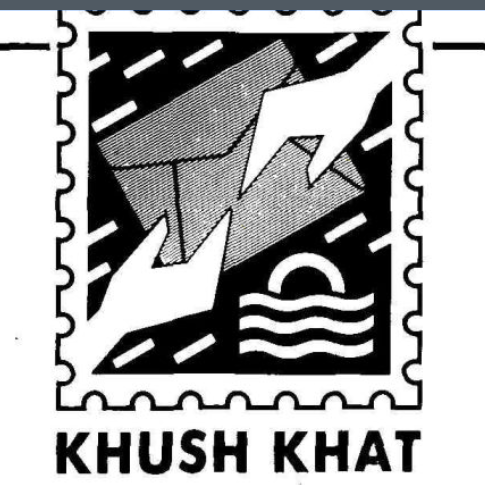Have you ever wondered about your family history?
Besides the DNA kits offered by Ancestry and 23andMe, there are more concrete ways of piecing together the different tales that aunts and uncles spin at family reunions. Thankfully, as Princeton students, we are given access to a powerful database to locate, explore, and utilize different genealogical records to the benefit of both our personal and academic research: the Ancestry library. I had earlier discovered this resource through the class HIS 388: Unrest and Renewal in Urban America, whose instructor is Alison Isenberg, who was just featured in PCUR!
You might be asking: What kind of records does Ancestry keep? The records are multitudinous. From census records to wills to obituaries to yearbook photos, Ancestry keeps records from many different places, different times, and different people. The bulk of these records are government documents, often created, collected, and stored by bureaucrats for the purpose of institutional record-keeping and tracking individuals. According to Ancestry, these records are collected from different archives of information across the world, where they are then digitized, made machine-readable, and uploaded to their public database.
So, what does this all mean? What can we do with these documents? Let me show you.
Continue reading Census Records, Wills, and Obituaries: Exploring the Ancestry Library




